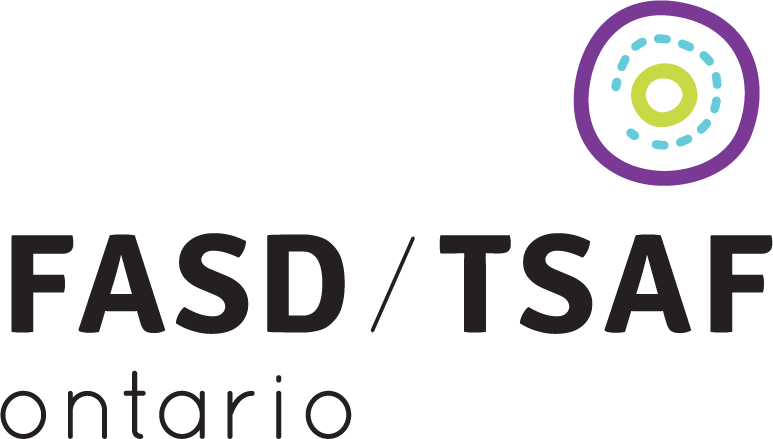Fetal Alcohol Spectrum Disorder (FASD): A Guide for Social Service Workers – (in french)
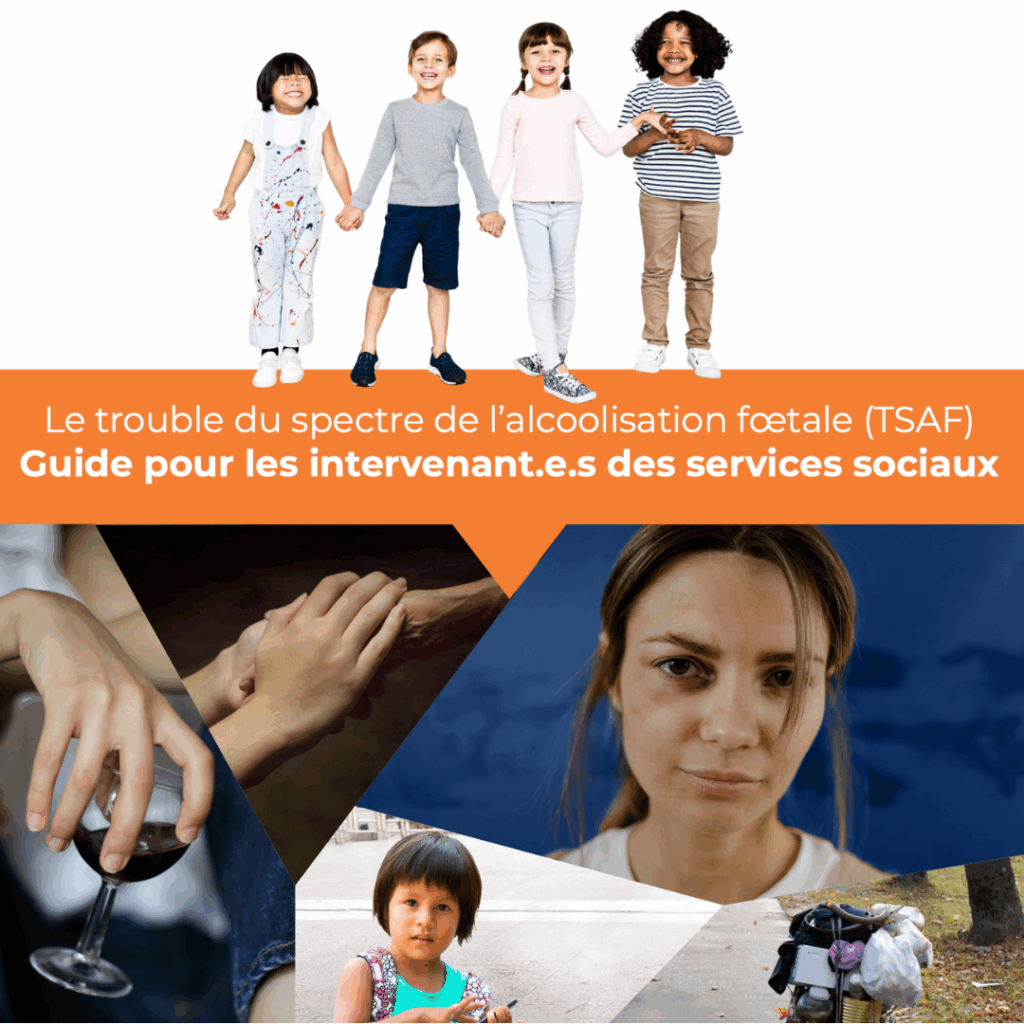
A guide for all social service providers. (98 pages)
Fetal Alcohol Spectrum Disorder (FASD): A Guide for Daycares, Early Childhood Centres, and Respite Organizations – (in french)
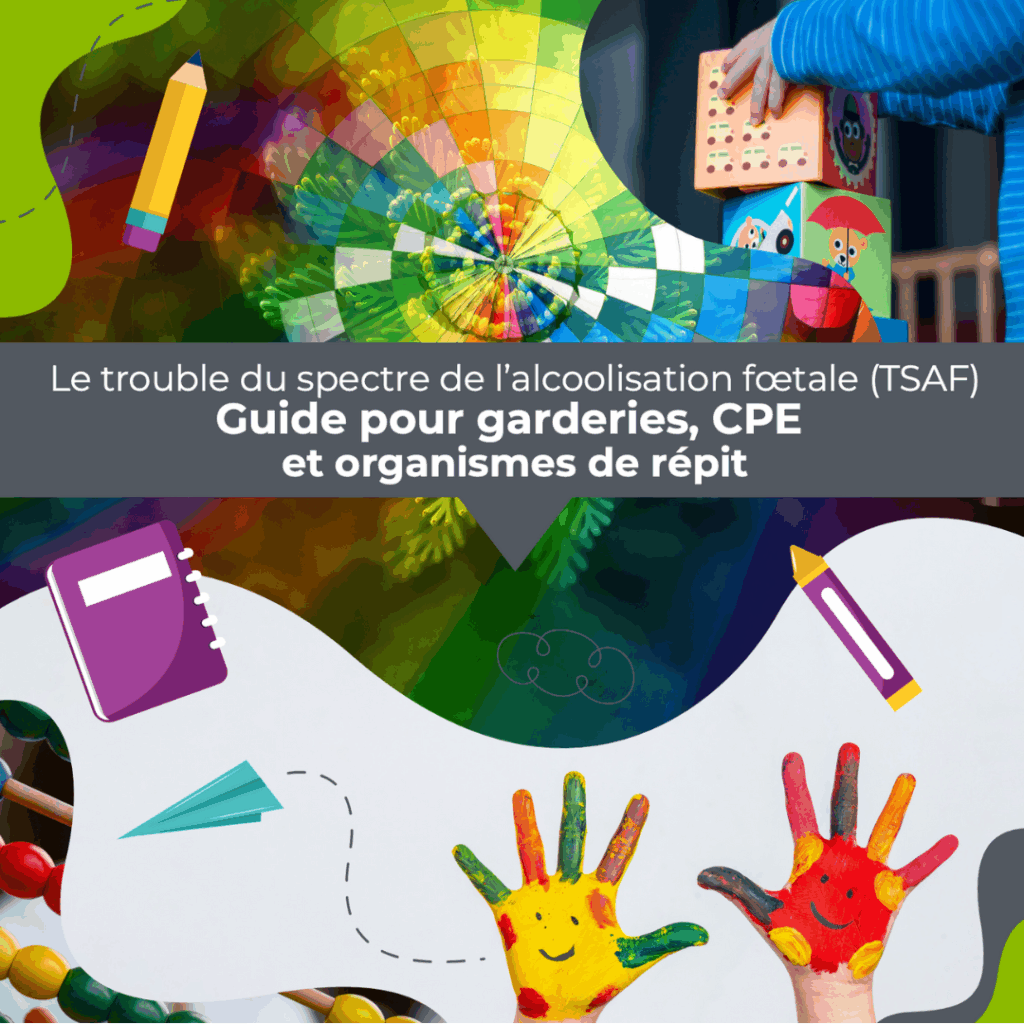
A guide for all childcare workers in daycare centers and family daycare settings.
Fetal Alcohol Spectrum Disorder (FASD): A Guide for All Parents – (in french)
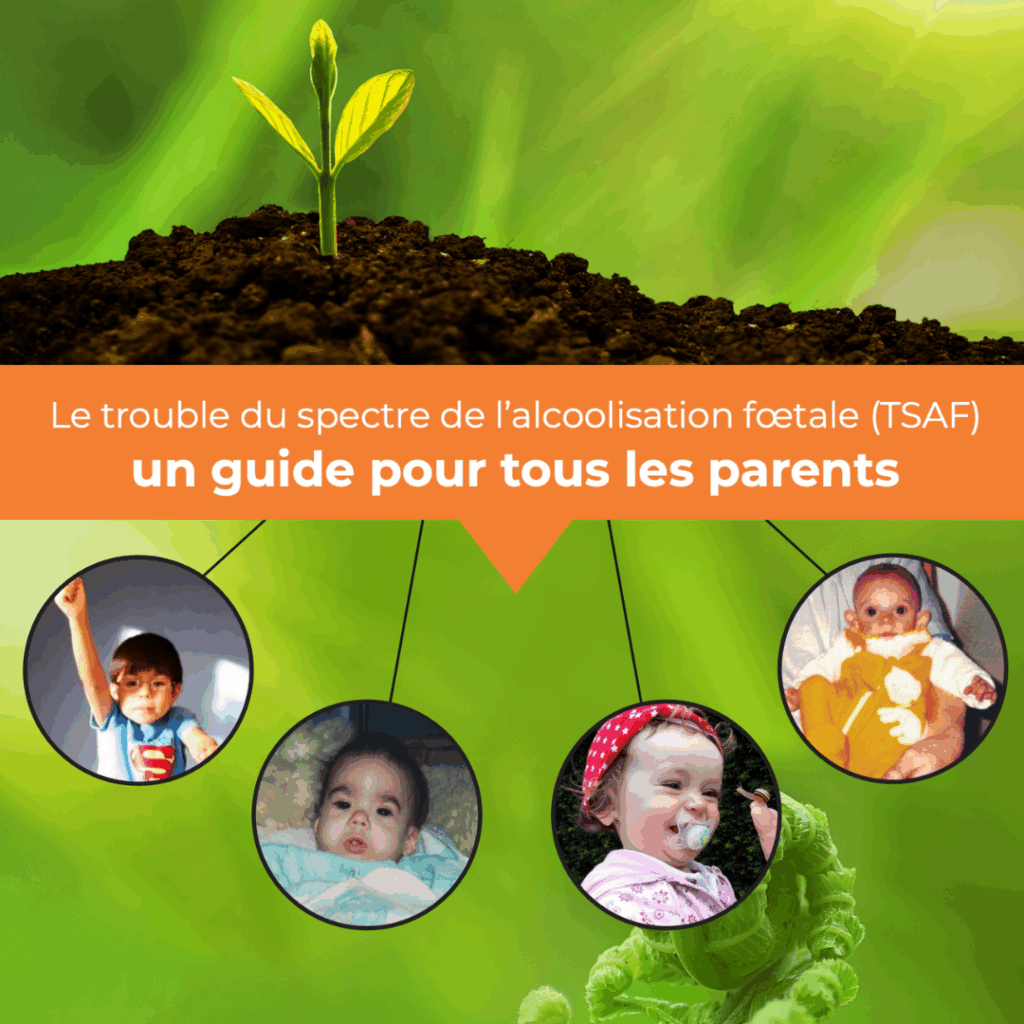
A guide for all parents, guardians, and families.
Fetal Alcohol Spectrum Disorder (FASD): A Guide for School Staff – (in french)
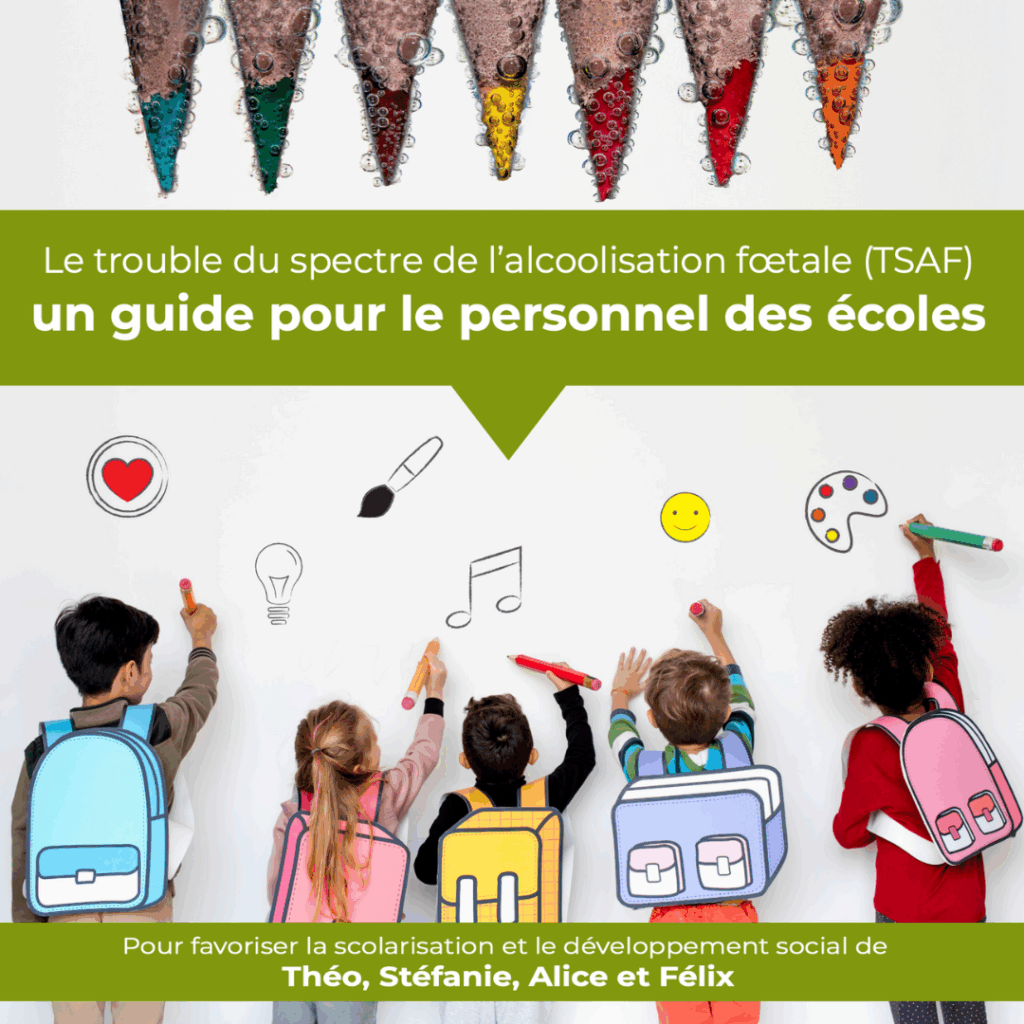
A guide for teaching staff and professionals in the school environment.
The oral health-related quality of life for individuals with fetal alcohol spectrum disorder – a cross-sectional study

The purpose of this study is to compare the oral health-related quality of life (OHRQoL) of individuals with FASD and the general population in Saskatoon, Saskatchewan. Additionally, it aims to suggest ways to improve the oral health status and OHRQoL of these individuals.
Moving Towards FASD-Informed Care In Substance Use Treatment – Version 2: Adults & Youth
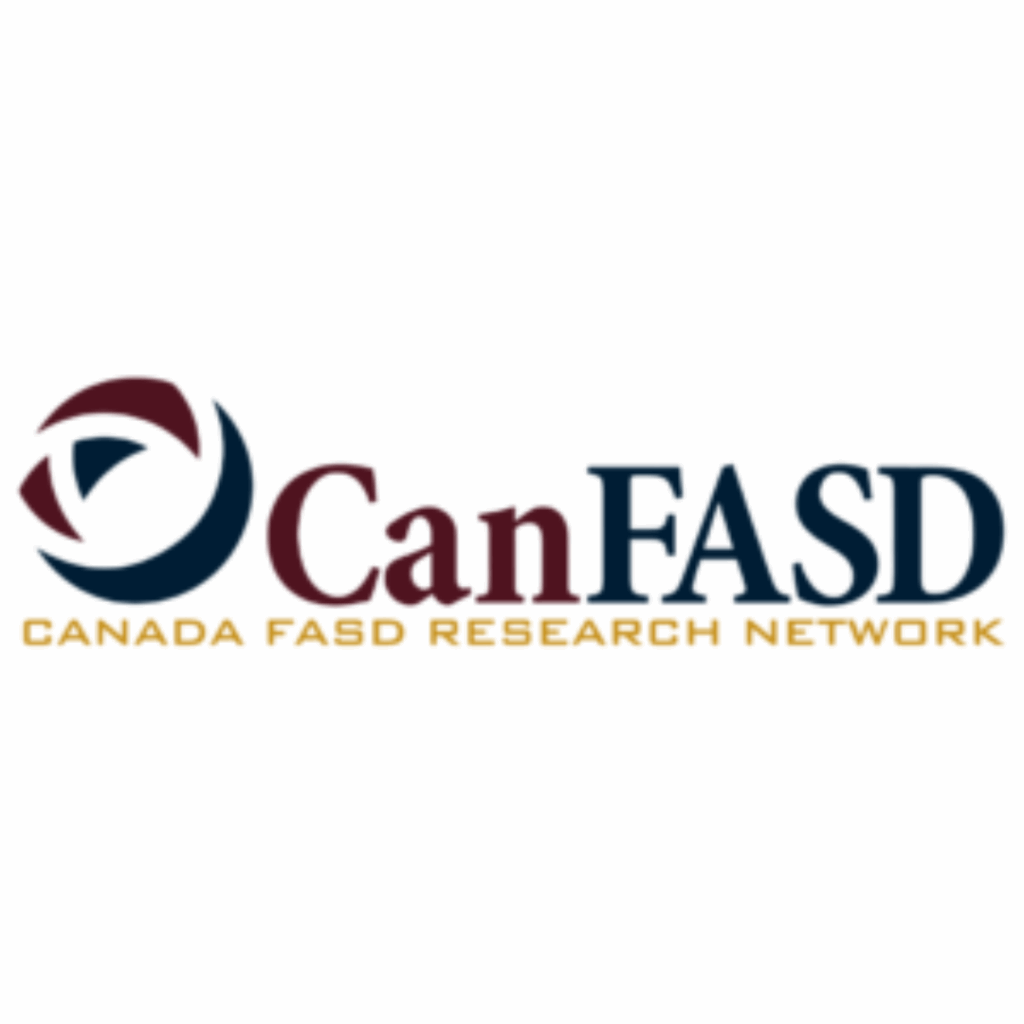
This guide outlines current practices to support individuals with FASD who are in treatment for substance use.
A Caregiver’s Guide to FASD Diagnosis

This guide will help you to understand Fetal Alcohol Spectrum Disorder (FASD) and provides information on where to find support for your child or a child in your care.
Beyond the Brain: The Physical Health and Whole-Body Impact of Fetal Alcohol Spectrum Disorders

A growing body of evidence suggests that individuals with PAE/FASD may experience comorbidities relating to metabolism; body composition; cardio-renal, immune, and/or reproductive health; as well as hearing, vision, and sleep difficulties. These findings support the concept of FASD as a whole-body diagnosis
Beyond the Surface: The Hidden Spectrum of FASD in the Justice System (John Howard Society)
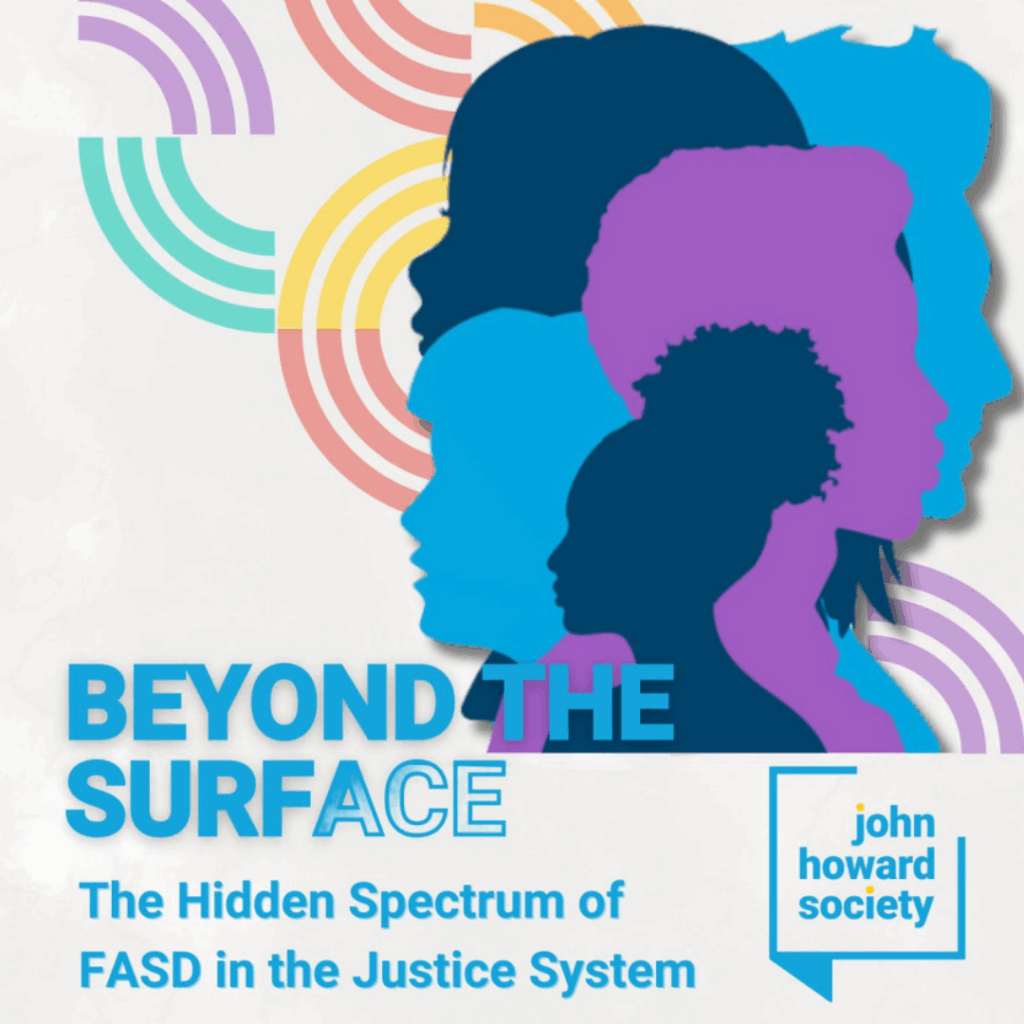
Funded by the Dept. of Justice, Canada “When recognizing the systemic challenges within the Canadian criminal justice system, it is important to acknowledge the historical and present-day impacts of colonialism and systemic discrimination which includes but is not limited to the over-representation of Black individuals and Indigenous Peoples throughout the criminal justice system..Additionally, individuals with Fetal Alcohol Spectrum Disorder (FASD) are disproportionately affected by the justice system, with 60% of those with FASD having contact with the justice system – 30 times higher than the general population…”
Hidden Disabilities Sunflower
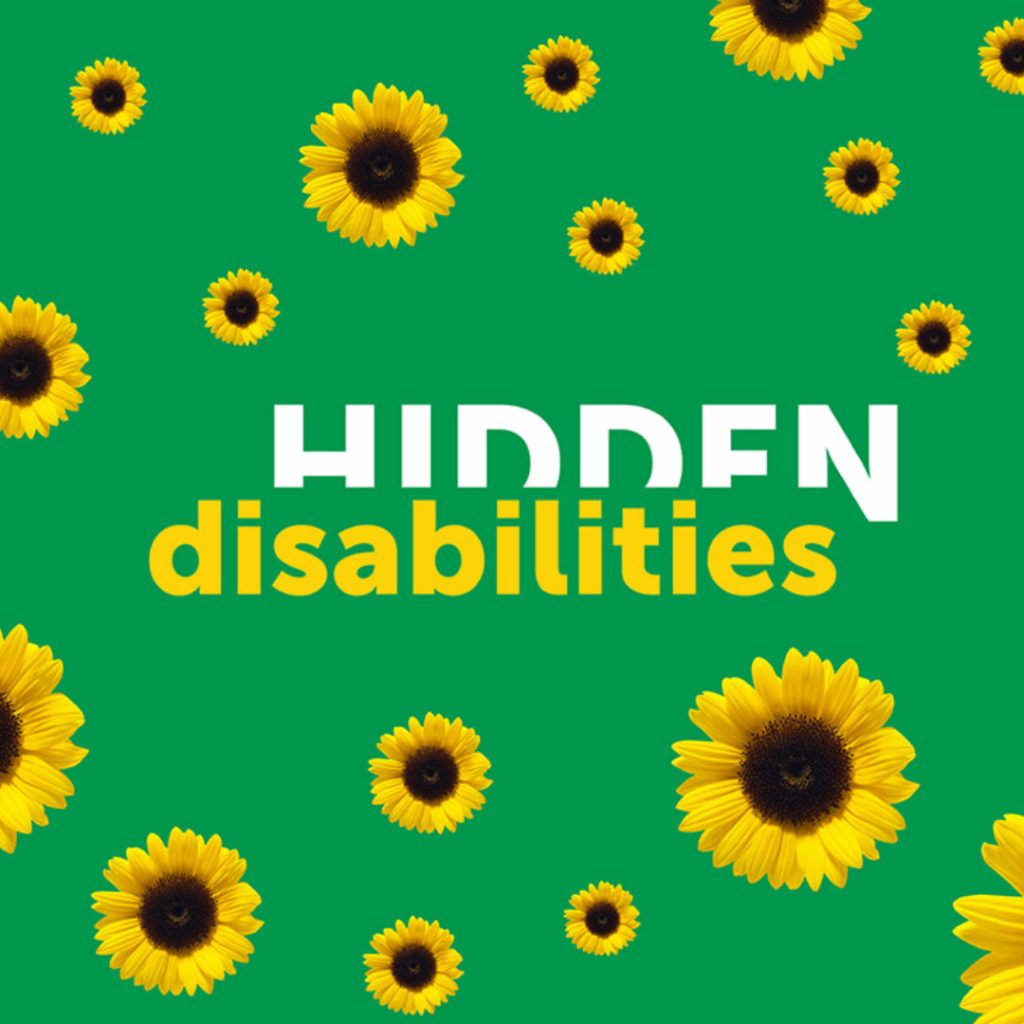
The Hidden Disabilities Sunflower is a simple tool for you to voluntarily share that you have a disability or condition that may not be immediately apparent – and that you may need a helping hand, understanding, or more time in shops, at work, on transport, or in public spaces.
Travel Resources for children and youth with disabilities

Kids Brain Health Network created this document to help children and youth with Neurodevelopmental Disorders and their families prepare for travel, making the journey smoother and more enjoyable.
Indigenous Approaches to FASD Prevention: Indigenous Mothering
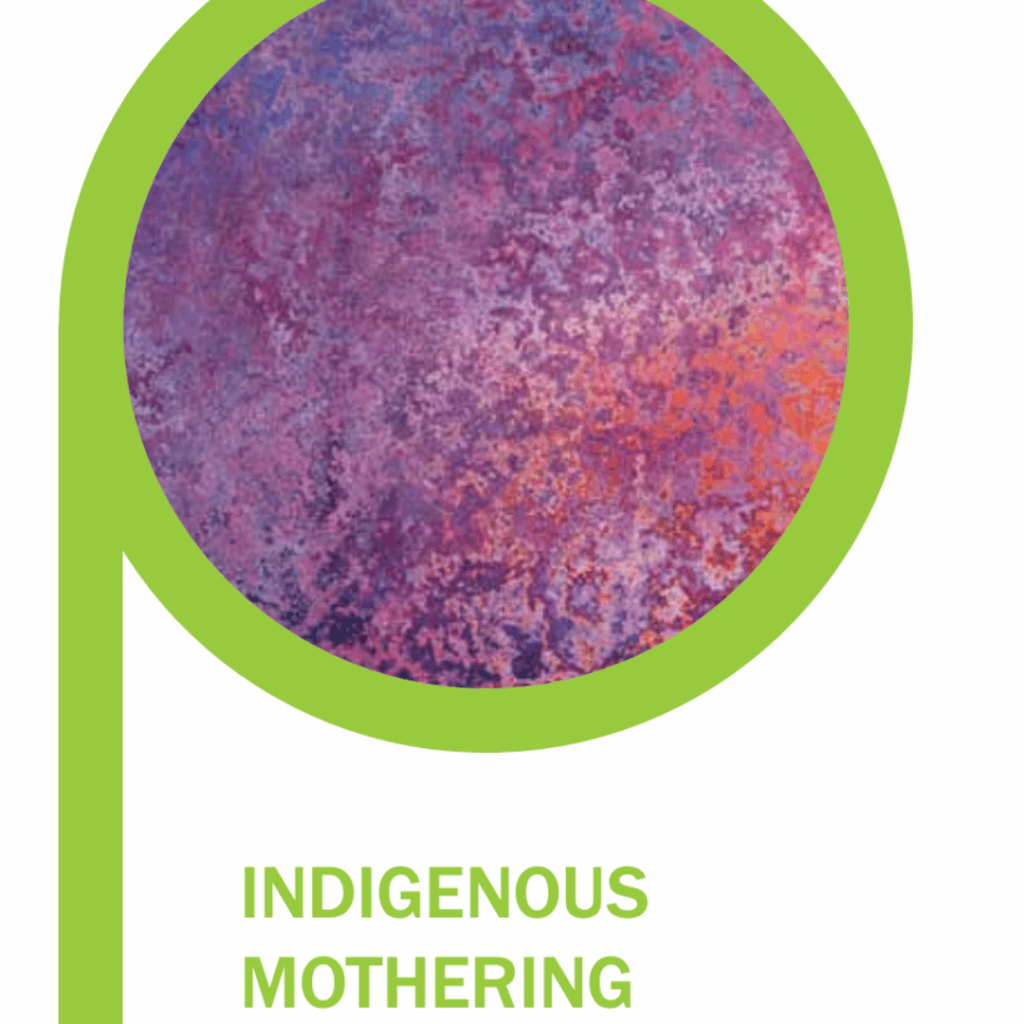
This booklet provides a brief introduction to how FASD prevention activities can support the health and well-being of Indigenous mothers and their families.
